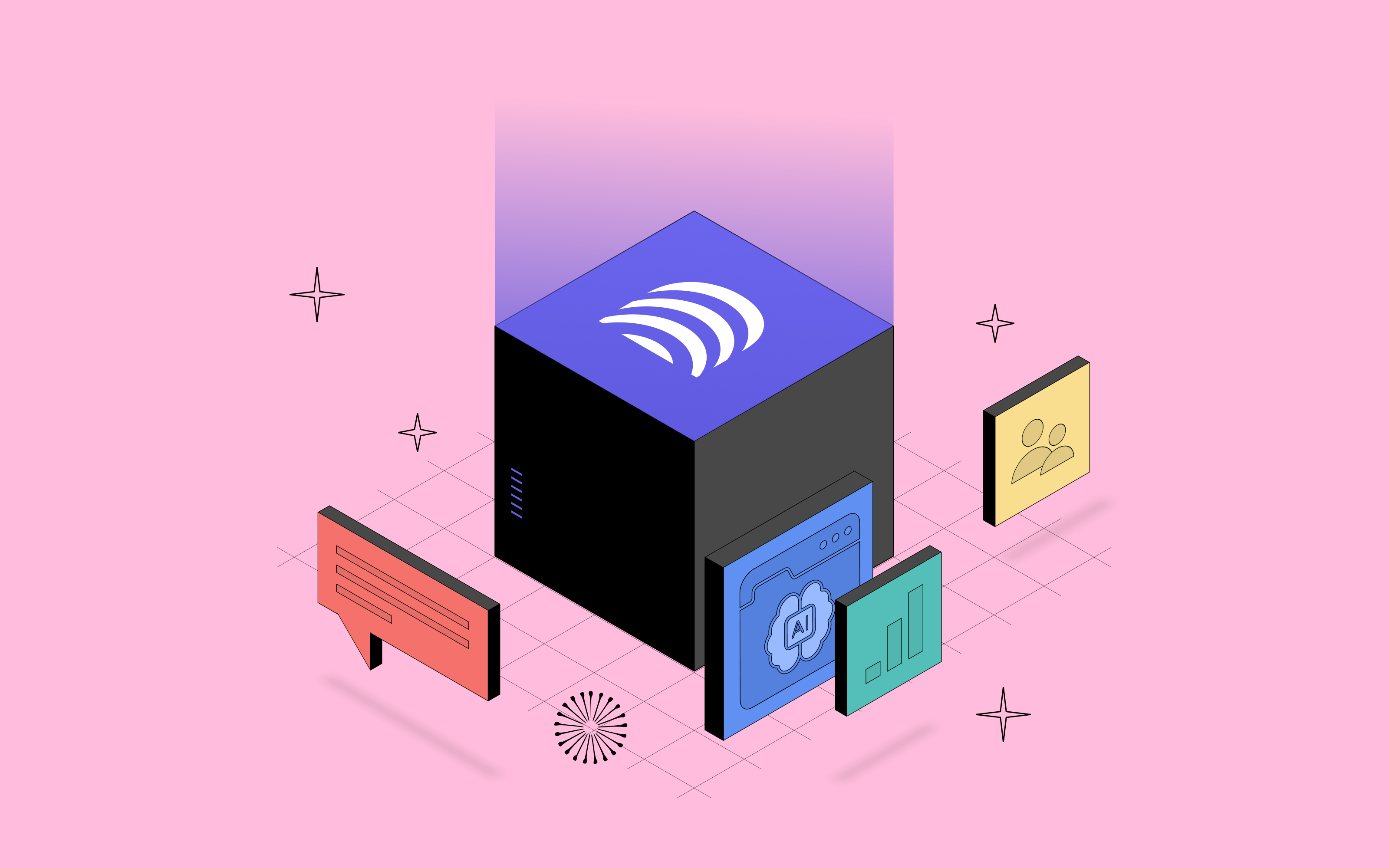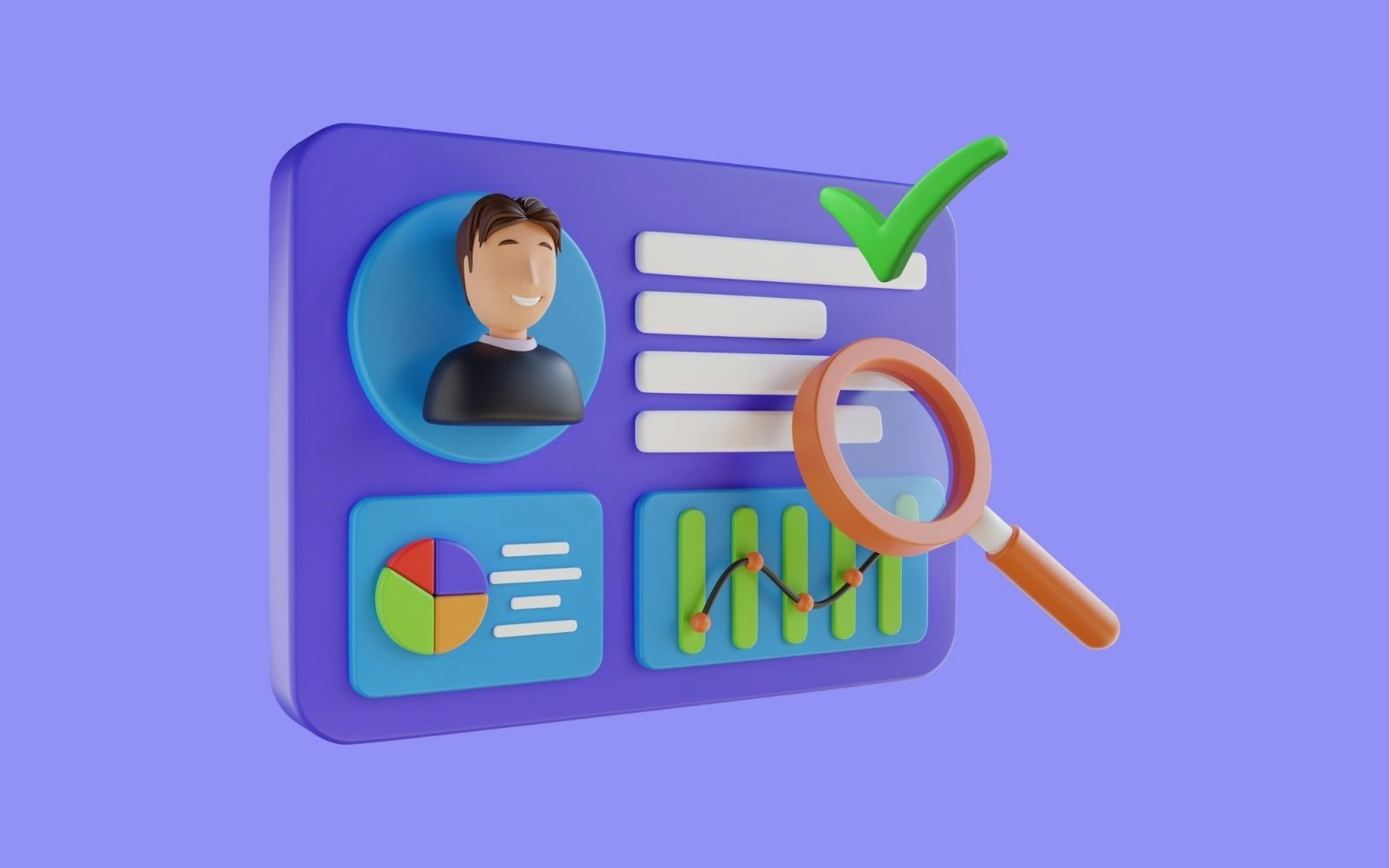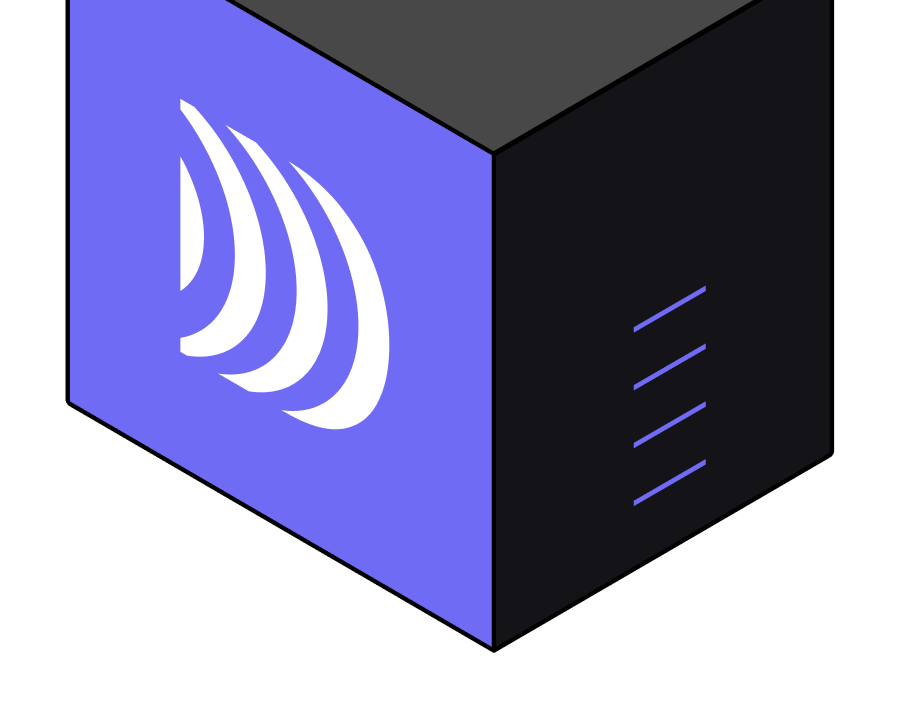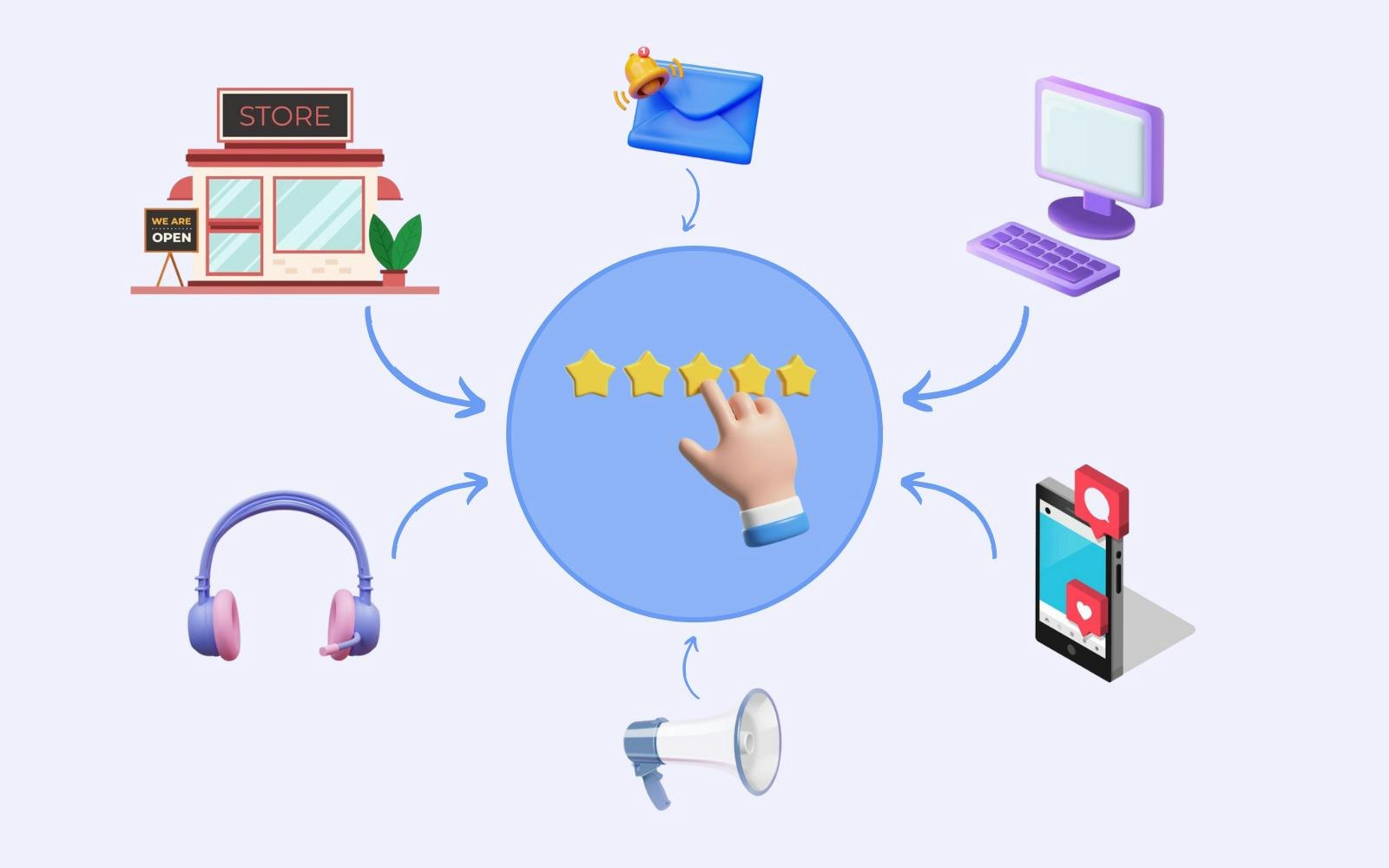
Customer Experience Platforms: optimising the customer experience using data
5min • Last updated on Aug 28, 2025

Olivier Renard
Content & SEO Manager
Customer experience is at the heart of companies' strategies to stand out from the crowd and build lasting loyalty. A study by Forrester* shows that companies that focus on customer experience outperform their competitors in terms of growth.
A Customer Experience Platform (CXP) helps improve customer satisfaction by centralising interactions to deliver personalised experiences across all channels.
CXPs support a deeper understanding of each customer’s preferences and behaviour. They enhance engagement through personalised communication and tailored commercial offers.
The accuracy and effectiveness of these tools have been strengthened through the integration of AI.
Key Takeaways:
A Customer Experience Platform centralises customer interactions to create a fluid, consistent experience.
It enables advanced personalisation across all channels, to strengthen engagement and loyalty.
CXPs focus on the customer journey. They complement CDPs, which collect, organise and activate customer data.
Artificial intelligence makes it possible to better anticipate needs and optimise omnichannel communication.
🔎 Discover the key features and benefits of a CXP. Find practical advice on how to integrate them effectively. 👌
What is a Customer Experience Platform?
Definition and role
A Customer Experience Platform (CXP) is a solution that optimises interactions between a company and its customers across all touchpoints.
It aims to deliver seamless, consistent and personalised experiences through a unified view of the customer journey.
The CXP uses customer data from multiple sources: CRM, website, social networks and in-store transactions. By integrating this information, companies can tailor every interaction to the specific needs and expectations of their customers.
It complements CDPs (Customer Data Platforms), which organise and activate data around a unified customer view. The CXP acts as an additional layer, to deliver an optimised omnichannel experience.
Criteria | CXP | CDP |
|---|---|---|
Main objective | Global management of the customer experience. | Real-time data activation. |
Focus | Personalising the customer experience. | Organising data around a 360° customer view. |
Data approach | Customer journey analysis and multi-channel orchestration. | Immediate personalisation of interactions. |
Use cases | Customer satisfaction, consistency and loyalty. | Behavioural engagement, targeted campaigns, data marketing. |
Type of company | Large omnichannel-oriented companies. | All sizes, including SMEs and Mid-market companies. |
Main users | Marketing managers, customer success teams, sales department. | Data analysts, marketing (CRM, acquisition) and sales teams. |
Examples of suppliers | Zendesk, Salesforce, Qualtrics, HubSpot, Contentsquare | DinMo, Hightouch, Segment, Imagino, Tealium. |
The differences between CXP and CDP
Machine learning enhances the ability of CXPs to deliver a personalised customer experience across all touchpoints.
The impact of CXPs on customer satisfaction and loyalty
Customer Experience Platforms are changing the way companies interact with their customers, building trust and loyalty.
Better understanding of customers
CXPs analyse data from multiple sources. These may be internal sources (website, applications, CRM) or external (social networks, partners, etc.). This analysis helps companies to understand customer behaviour:
Identifying specific needs.
Monitoring trends.
Anticipating expectations.
Let's take the example of a ready-to-wear brand that studies in-store and online purchases.
A customer regularly buys shirts in shop but consults trousers on the application without making a final purchase. The CXP can then offer a personalised promotion on the trousers, valid in shop and online.
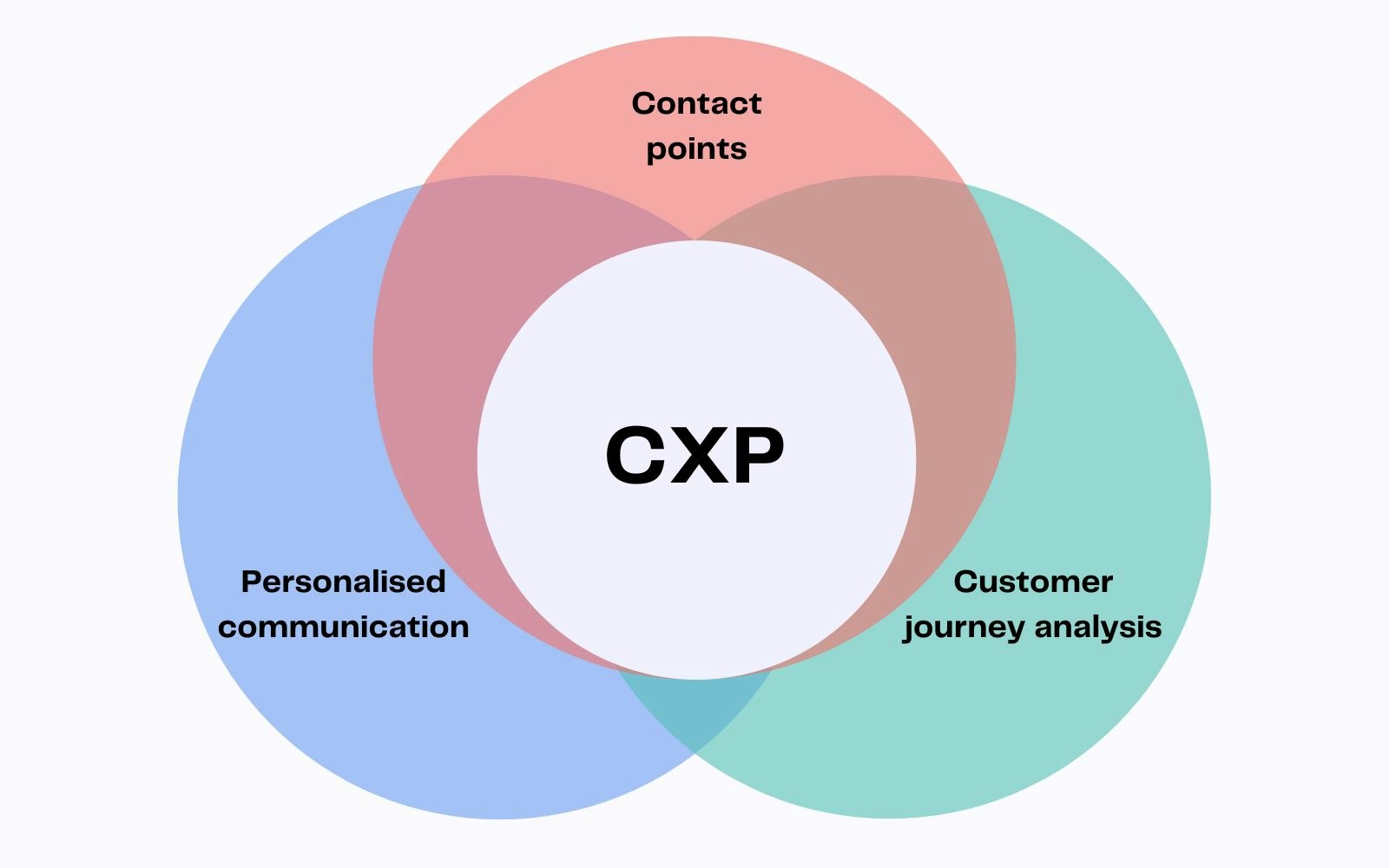
CXP Diagram
Personalised interactions
Thanks to a unified view of exchanges with customers, CXPs enable personalised communication. Thanks to CEP functionalities, they strengthen engagement by offering experiences tailored to each individual's expectations.
For example, a mobile phone operator can identify a recurring problem reported by a customer to the technical department. The sales department can then offer the customer a new subscription or tailored options.
ROI Optimisation
CXPs enhance return on investment (ROI) by automating key processes and driving higher conversion rates through more effective omnichannel communication.
Reduced operational costs: repetitive tasks are automated, freeing up time for higher-value activities.
Increased customer lifetime value (CLV): personalised offers encourage customers to convert, return, and recommend the brand.
According to a McKinsey study, 78% of consumers are more likely to buy from brands that offer them tailored content.
CXPs don't just manage interactions: they create opportunities for long-term loyalty and increased profitability.
👇

Compare CXPs and DinMo composable CDP
The Evolution of Customer Experience Platforms in 2025
Focus on AI
Machine learning is revolutionising CXPs by making customer interactions simpler and more personalised. With predictive AI, these platforms anticipate customer needs based on past behaviour.
Here are a few concrete examples:
Adapted product recommendations in real time, based on purchase history, online behaviour and trends.
Notifications to propose an offer before a customer opts out.
Intelligent chatbots capable of responding precisely to expectations across all digital channels.
Integration with CDPs for real-time data
CXPs rely on reliable, up-to-date data collected and organised by Customer Data Platforms (CDPs).
Some Martech solutions offer a monolithic approach, combining CXP and CDP in a single system. Although interesting, they often require duplication of data and are more complex to deploy.
Another trend is the emergence of xCDPs, designed to meet the challenge of large-scale personalisation in real time.

CXP and CDP
DinMo's composable CDP offers greater flexibility. It adapts to the company’s existing data stack and marketing tools. Its AI-powered predictive attributes and no-code interface make it easy to use.
It ensures a 360° customer view, enabling successful omnichannel campaigns. In this way, it allows for large-scale personalised customer experiences, all without requiring technical expertise.
Contact us to find out more.
*Source: Forrester
FAQ
How does a CXP use data to improve the customer experience?
How does a CXP use data to improve the customer experience?
A CXP uses data from a variety of sources, such as digital channels, in-store purchases or interactions with technical support.
Thanks to a complete view of each customer's profile and predictive analysis, it customises the experience according to each person's unique preferences and needs.
This makes it possible to offer tailored recommendations, offers and communications.
How can friction points in the customer journey be identified and resolved?
How can friction points in the customer journey be identified and resolved?
A CXP examines data at every point of contact with the customer. It maps the customer journey to identify repetitive actions or obstacles.
By pinpointing these friction points, the company can make targeted improvements to offer a smoother experience.
How do I know if my company needs a CXP?
How do I know if my company needs a CXP?
If your business interacts with customers across multiple channels (website, shop, mobile app, social networks) and you want to offer a more consistent and personalised experience, a CXP could be beneficial.
If you want to harness the power of your data to personalise your communications, please contact us.


















